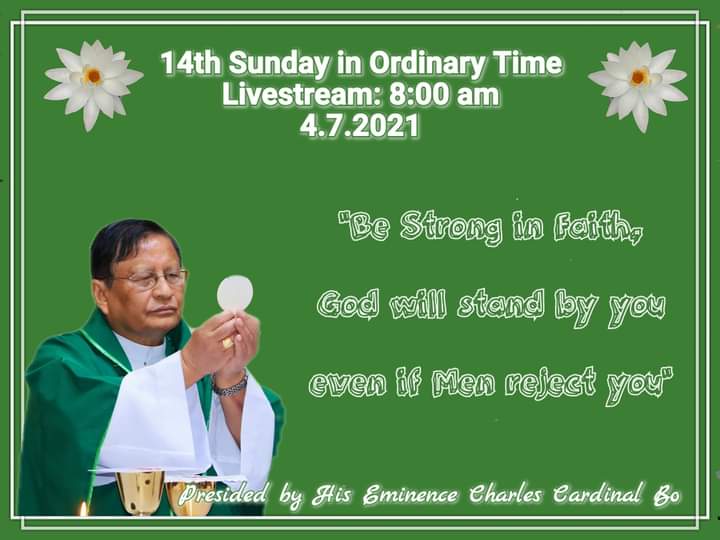
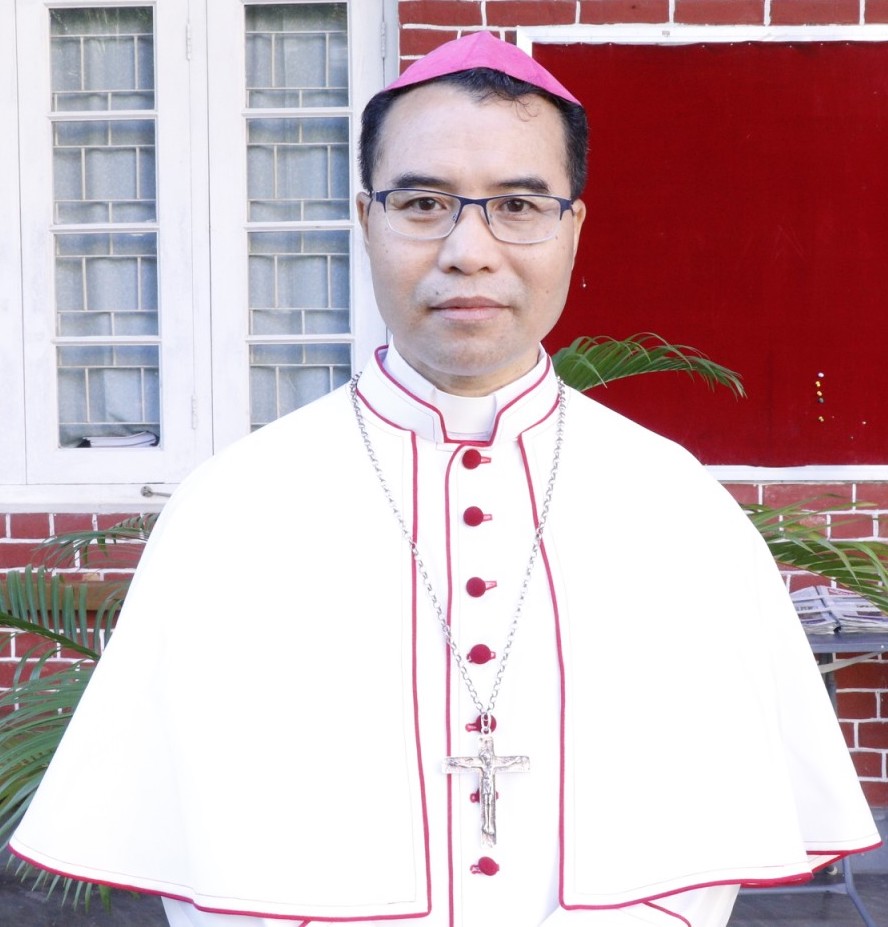
STATEMENT BY HIS EMINENCE CHARLES CARDINAL BO
Hagia Sophia
Freedom of religion or belief is a foundational human right for everyone, of every faith and none. The right to choose, practice, express and change one’s faith – or have no faith at all – is the most basic freedom for any soul. And it is a freedom I have consistently and passionately defended for Muslims, Buddhists, Hindus, Jews and Christians of all traditions, in my own country of Myanmar and throughout Asia.
Indeed often I have spoken in defence of the persecuted Muslim peoples in Myanmar, and I will go on doing so without hesitation and unequivocally. For true freedom of religion requires respect for others’ freedom to practice, as well as the exercise and defence of one’s own liberty.
For that reason, the decision in Turkey to turn what was for 1000 years the world’s largest Cathedral – Hagia Sophia – into a mosque grieves me. And as President of the Federation of Asian Bishops’ Conferences, it is incumbent on me to say so.
It grieves me not because I want to deny my Muslim brothers and sisters places of worship. On the contrary, I defend their right to do so as much as I defend everyone’s. Nothing I say here should be taken by those who persecute Muslims – in Myanmar or beyond – as justification for their actions: it never can be. Persecution of any kind should be countered by people of faith, hope and love and by humanity. But nor can the decision to turn Hagia Sophia into a mosque be seen as anything other than an unnecessary assault on freedom of religion or belief.
Faith is an affair of the soul, heart, mind and spirit. The temples of faith are within people, not buildings. Nevertheless, sacred buildings represent and embody history, heritage, art, iconography and the life-story of faiths throughout the millenia. When subverted, however, they can be used as symbols of power and subjugation.
In my country, Myanmar, mosques have been razed to the ground and I have spoken out – frequently and at some risk. In China, the Uyghur Muslims are facing what amounts to some of the contemporary world’s worst mass atrocities and I urge the international community to investigate. In India and Sri Lanka Muslims have faced appalling violence and I have condemned such inhumanity.
Similarly, In Indonesia, Ahmadiyya Muslim mosques have been destroyed by other Muslims, and churches have been forcibly closed. In Iran the Baha’is face an intense assault on their freedoms, and in Syria and Iraq sacred places have been wantonly destroyed while, sadly, closer to home, we have seen the same phenomenon in China with shrines destroyed, the Cross removed from places of worship, and even churches, like Xiangbaishu Church in Yixing, demolished.”
Turning Hagia Sophia into a mosque represents a similar undermining of freedom of religion or belief, love for each other, respect for the dignity of difference.
At a time when humanity is enduring intense strains due to the global pandemic, we need to come together, not drive communities apart. We need to put aside identity politics, abandon power plays, prevent ethnic and religious conflicts and value the dignity of difference among every human being. And we must cherish diversity and the unity we find within it.
How does turning what was once the world’s largest cathedral into a mosque do anything except sow tensions, divide people and inflict pain? How does placing Hagia Sophia into the hands of people who have no sense of its history and heritage and who will destroy its Christian identity help bring people together? How does seizing Hagia Sophia uphold Article 18 of the Universal Declaration of Human Rights? It doesn’t. It merely reopens wounds and exacerbates divides at a time when we should be healing humanity.
I work with my brothers and sisters from every major faith tradition every day of my life. And I will go to the ends of the earth to defend their rights. I will defend every mosque, every synagogue, every temple possible. And I know my fellow religious leaders working for peace would do the same for me. That’s the spirit we need – to respect and defend each other’s freedoms to worship as we wish, to express our faith in accordance with our traditions, to convert freely according to our conscience, but never to be coerced, never to impose and never to seize or grab.
In previous epochs of history we know that the seizure of one another’s sacred and holy buildings and sites has caused untold distress and bitterness and in our generation we should not be so foolish as to repeat the mistakes of history.
Reciprocity is a human and natural virtue.
Let Hagia Sophia be.
Charles Bo
President of Federation of Asia Bishops’ Conferences
Archbishop of Yangon, Myanmar




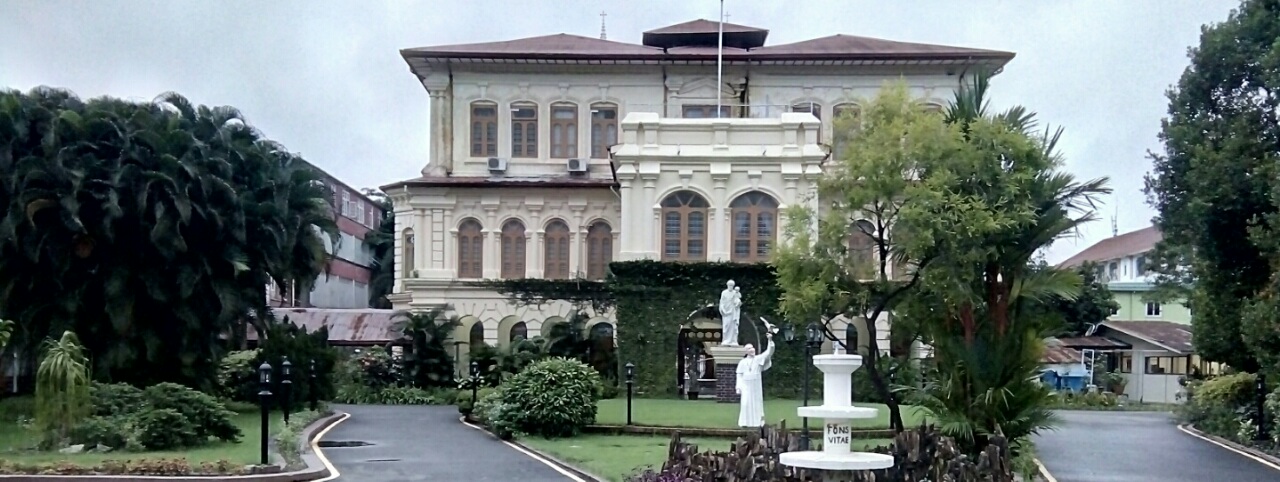
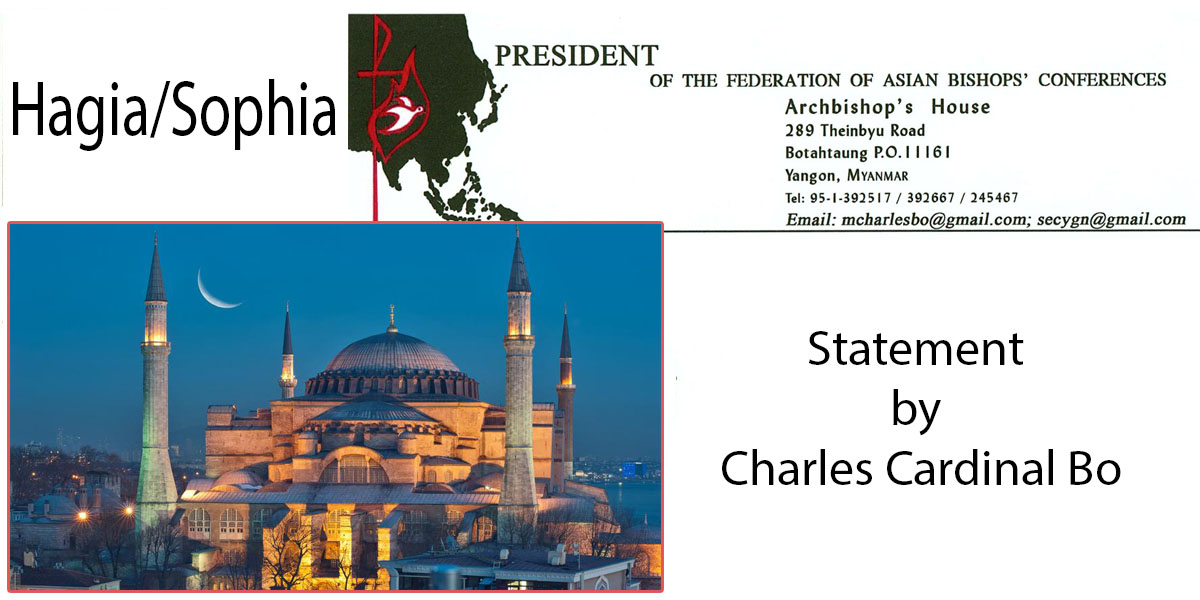
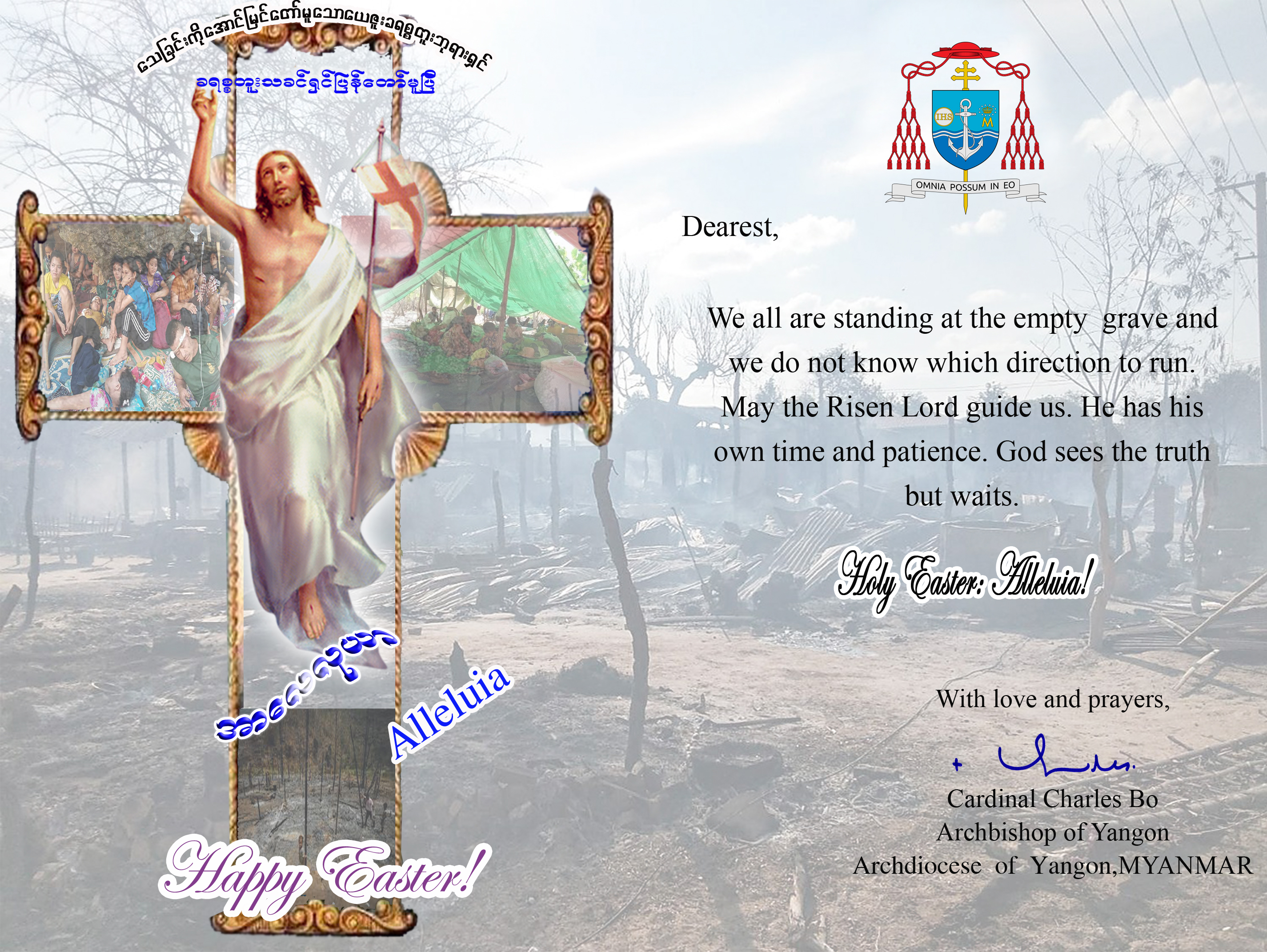
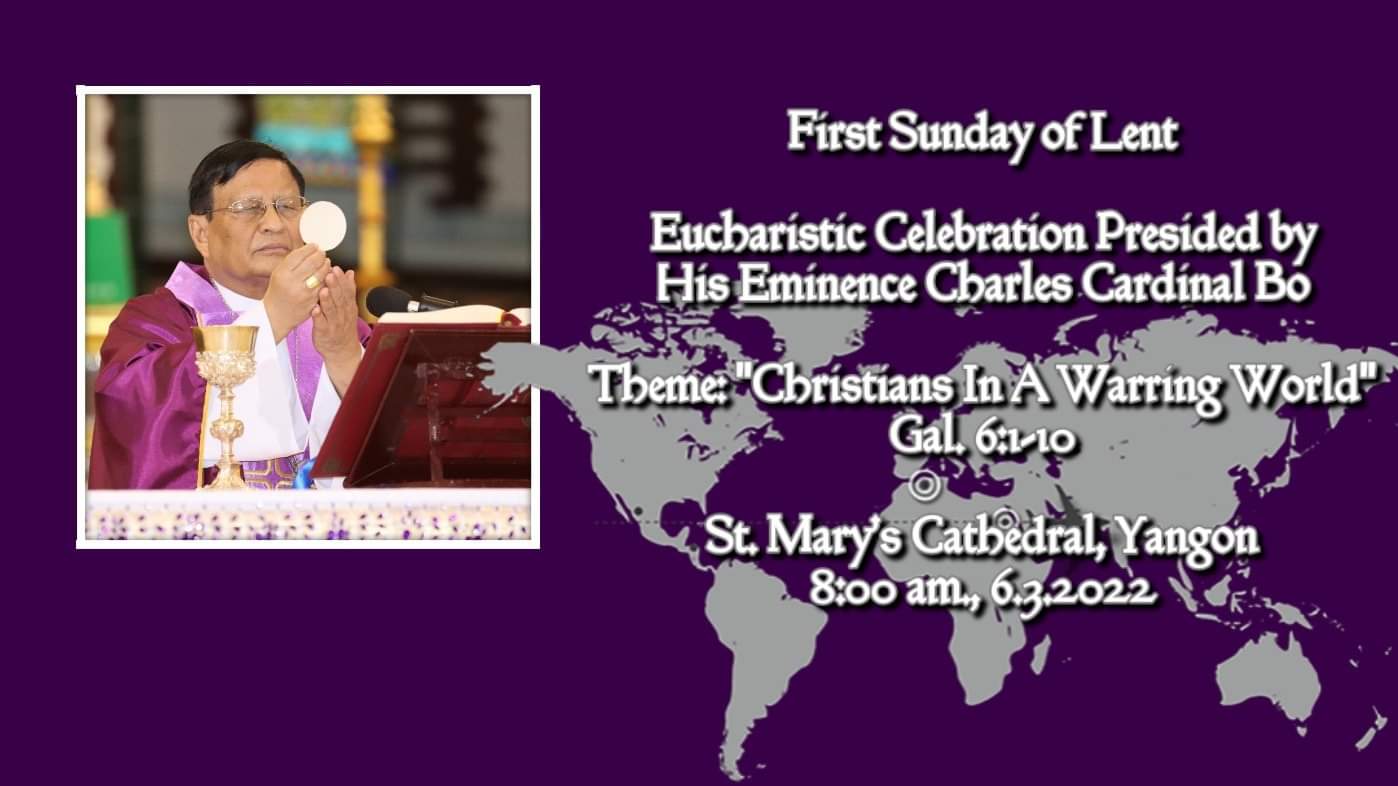
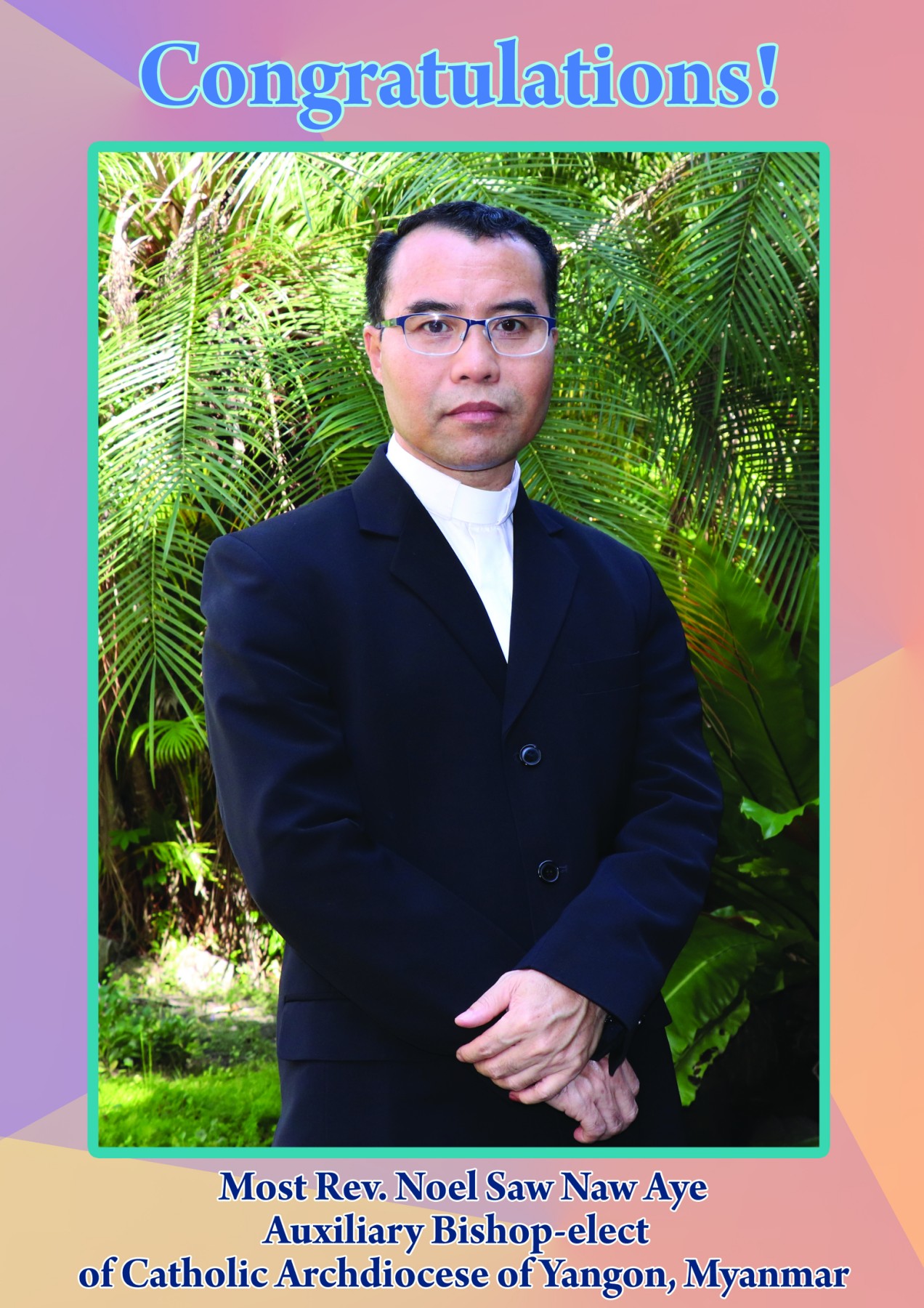

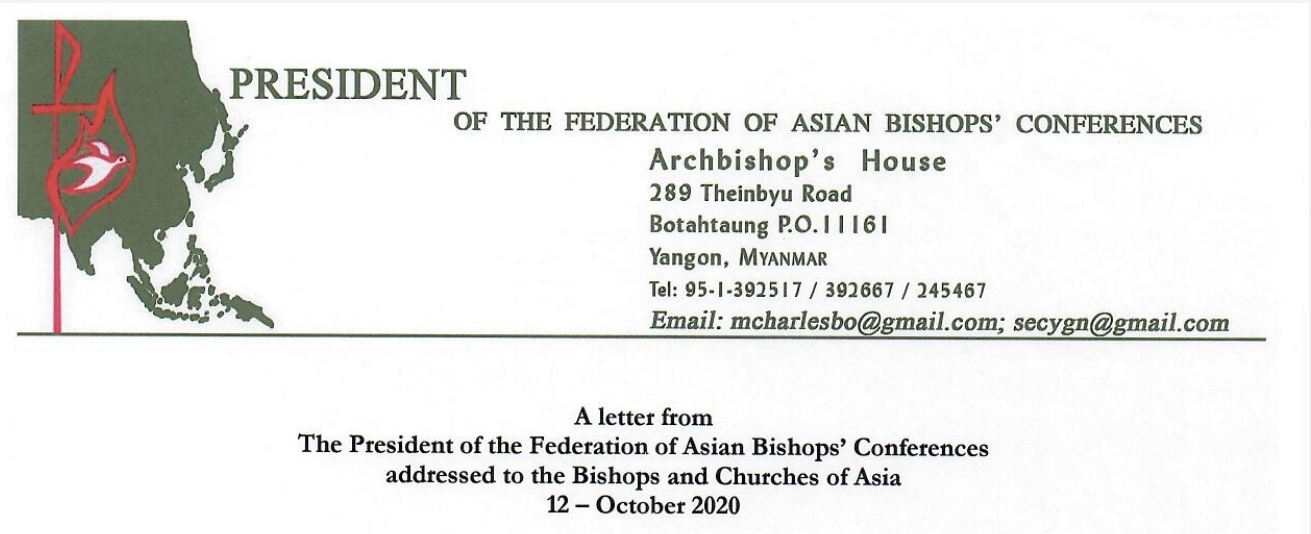
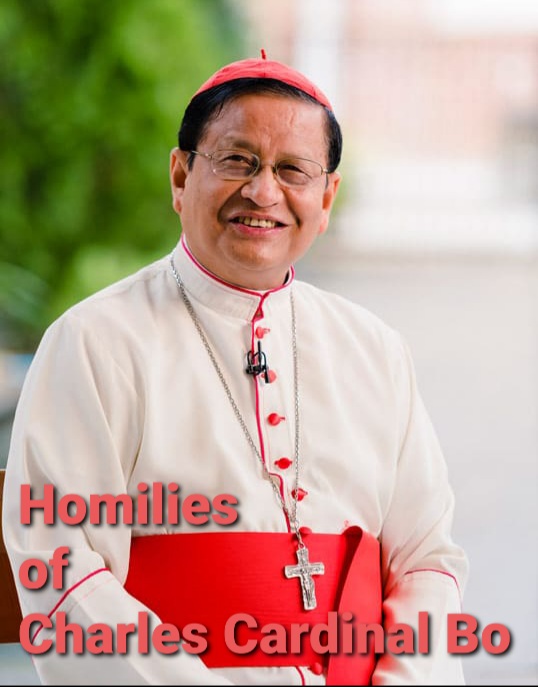
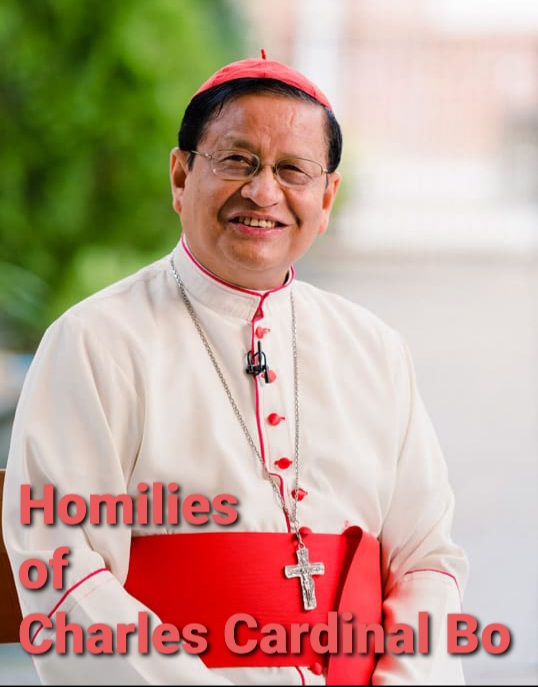
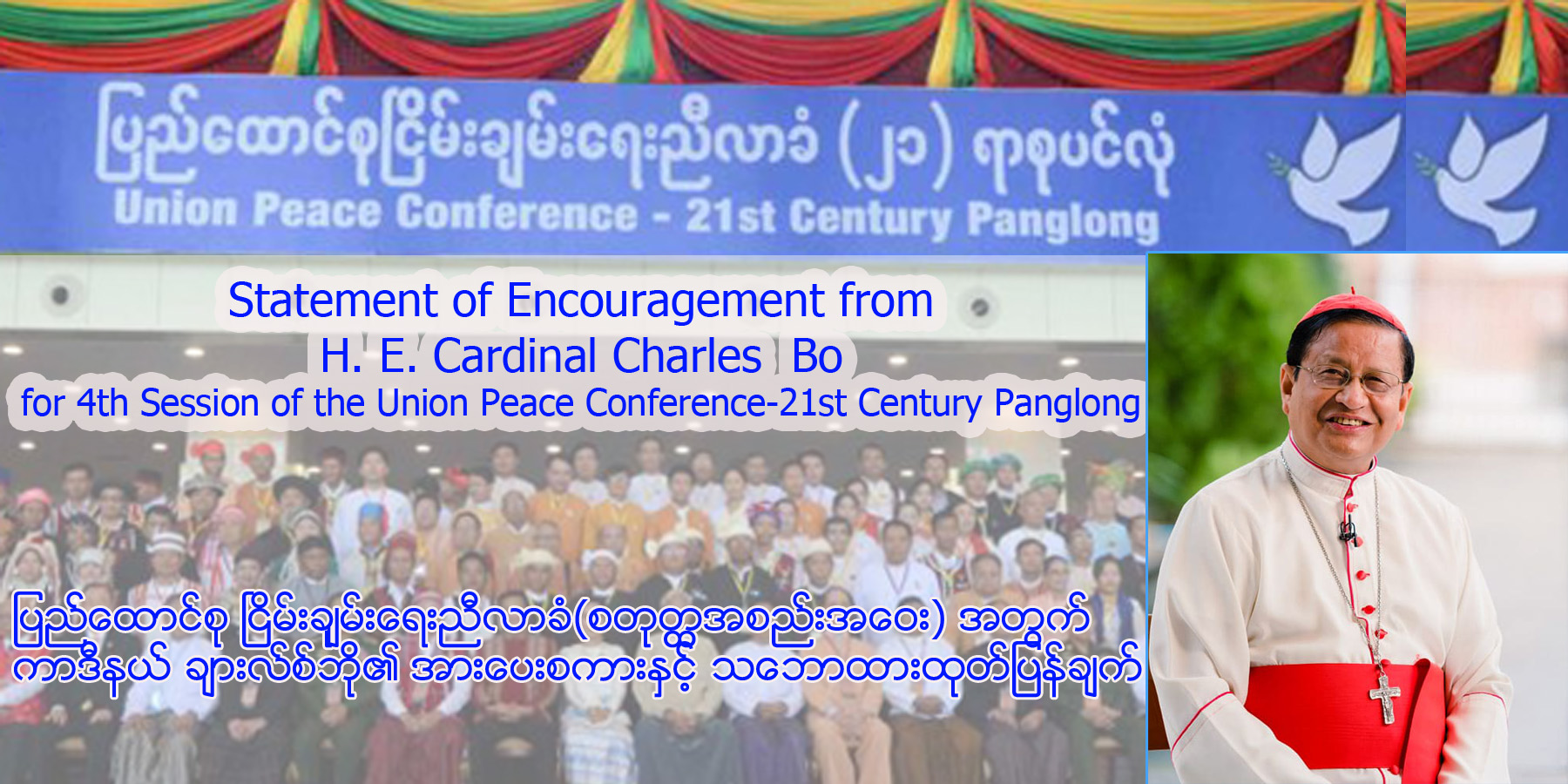
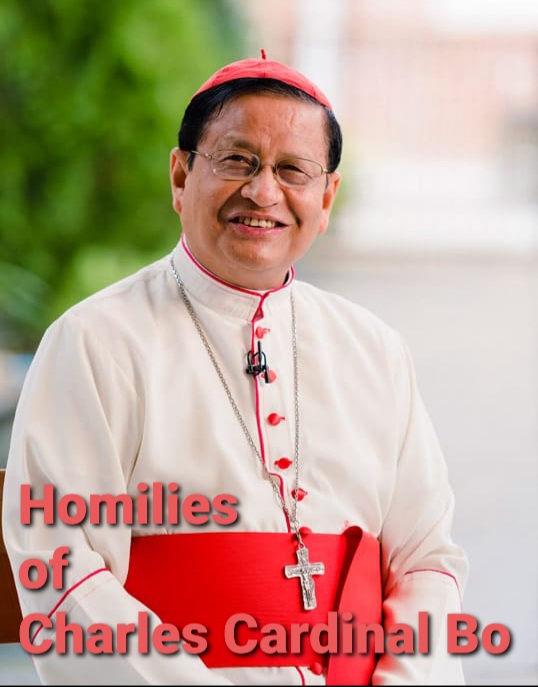
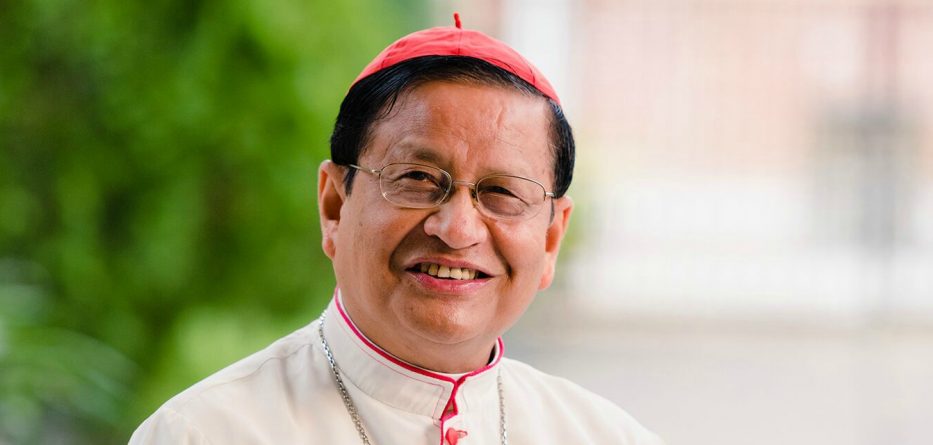
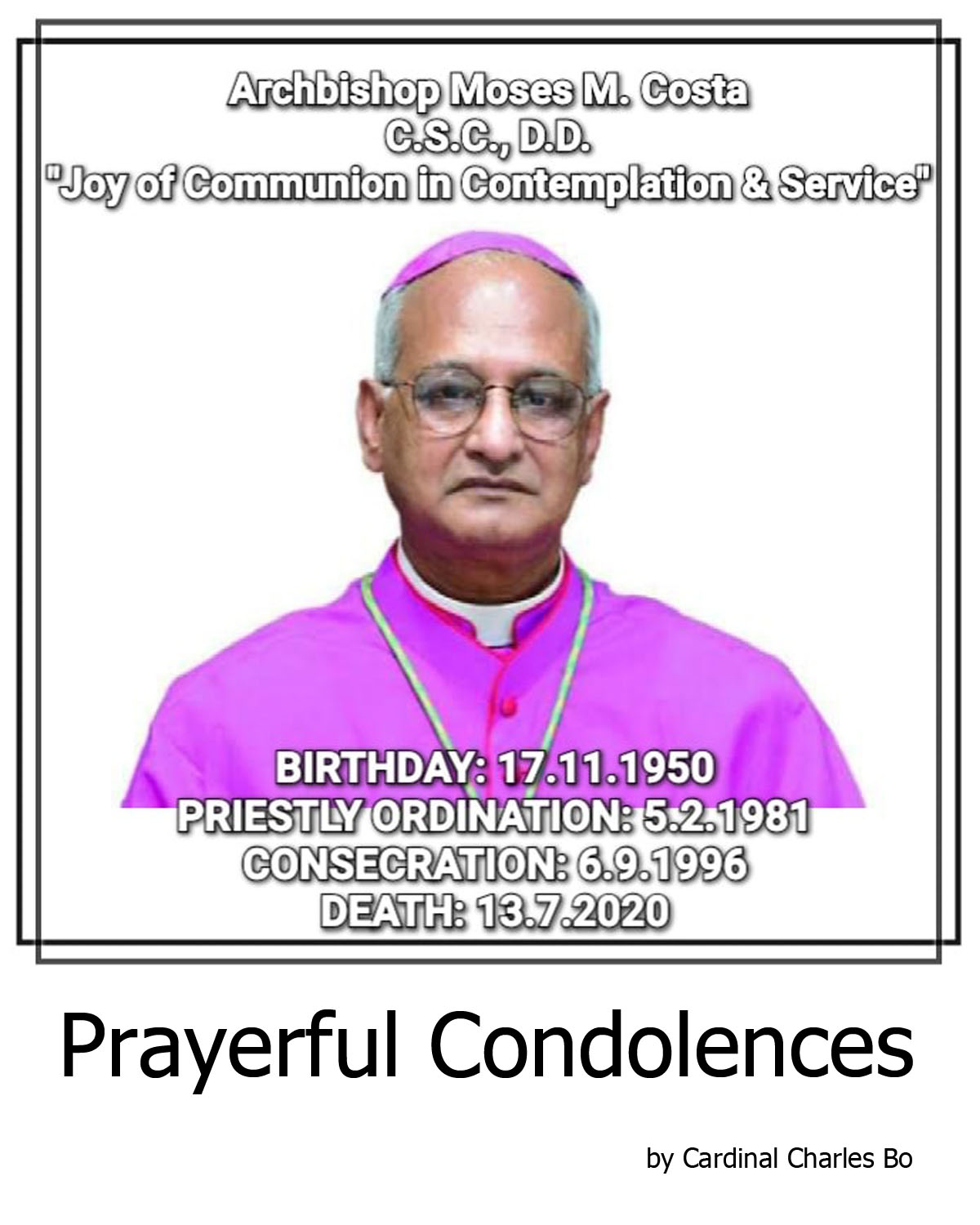
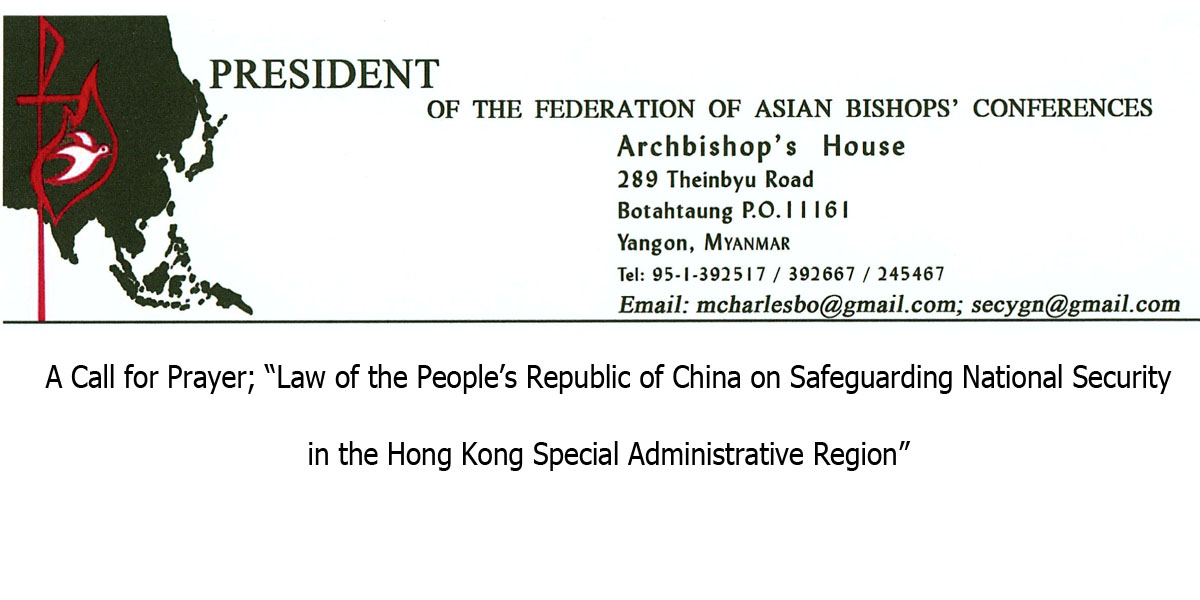
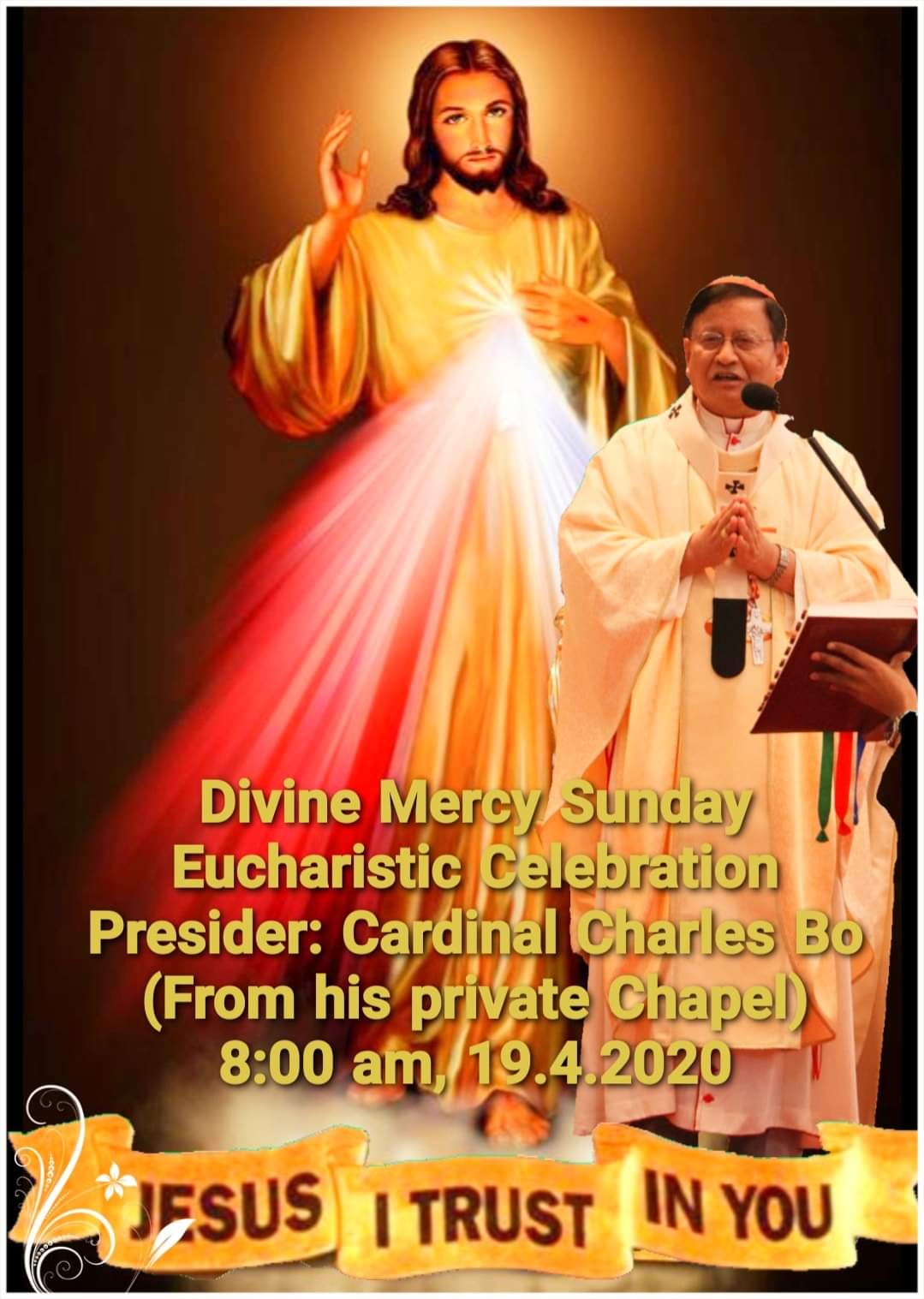
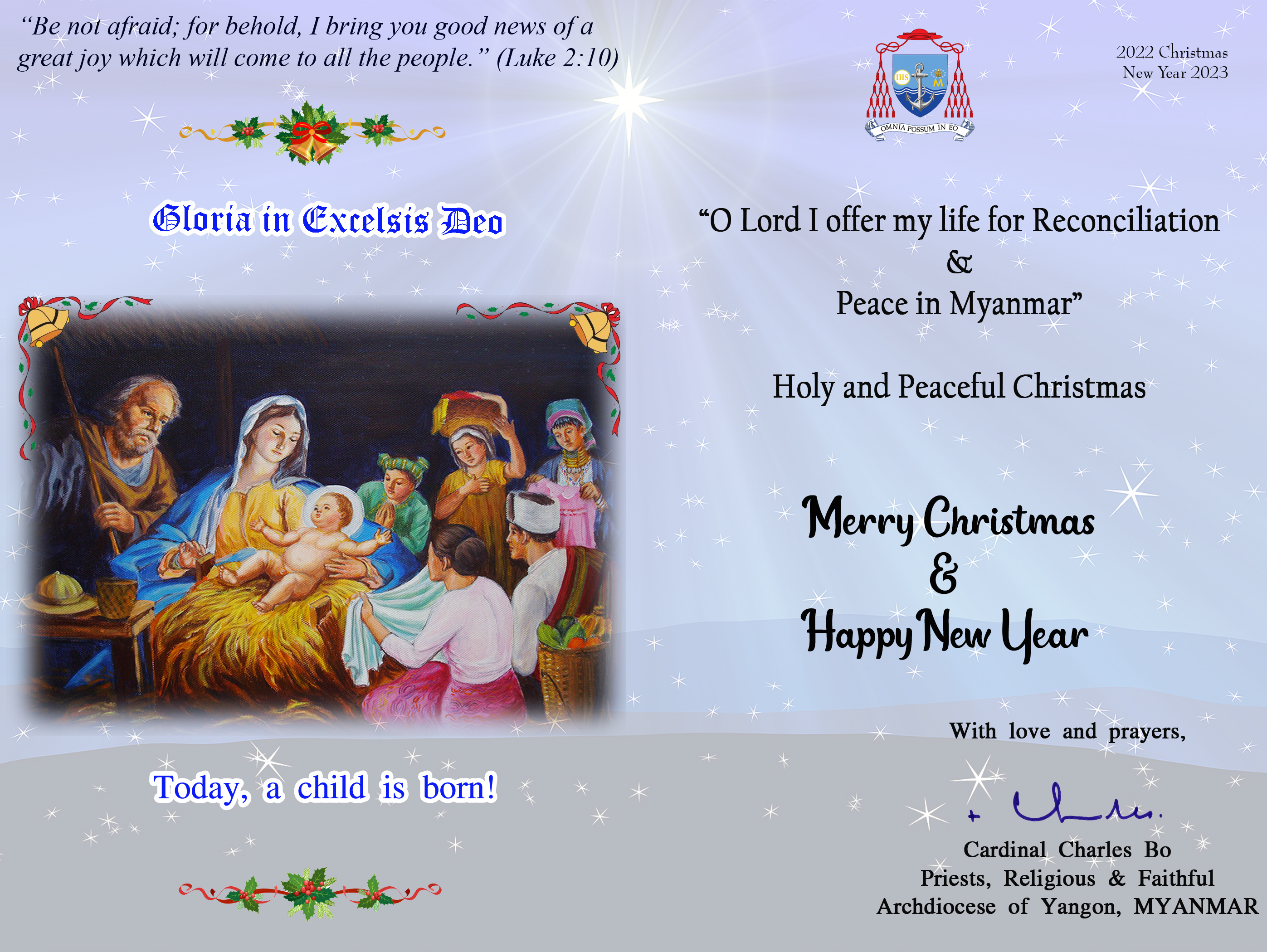
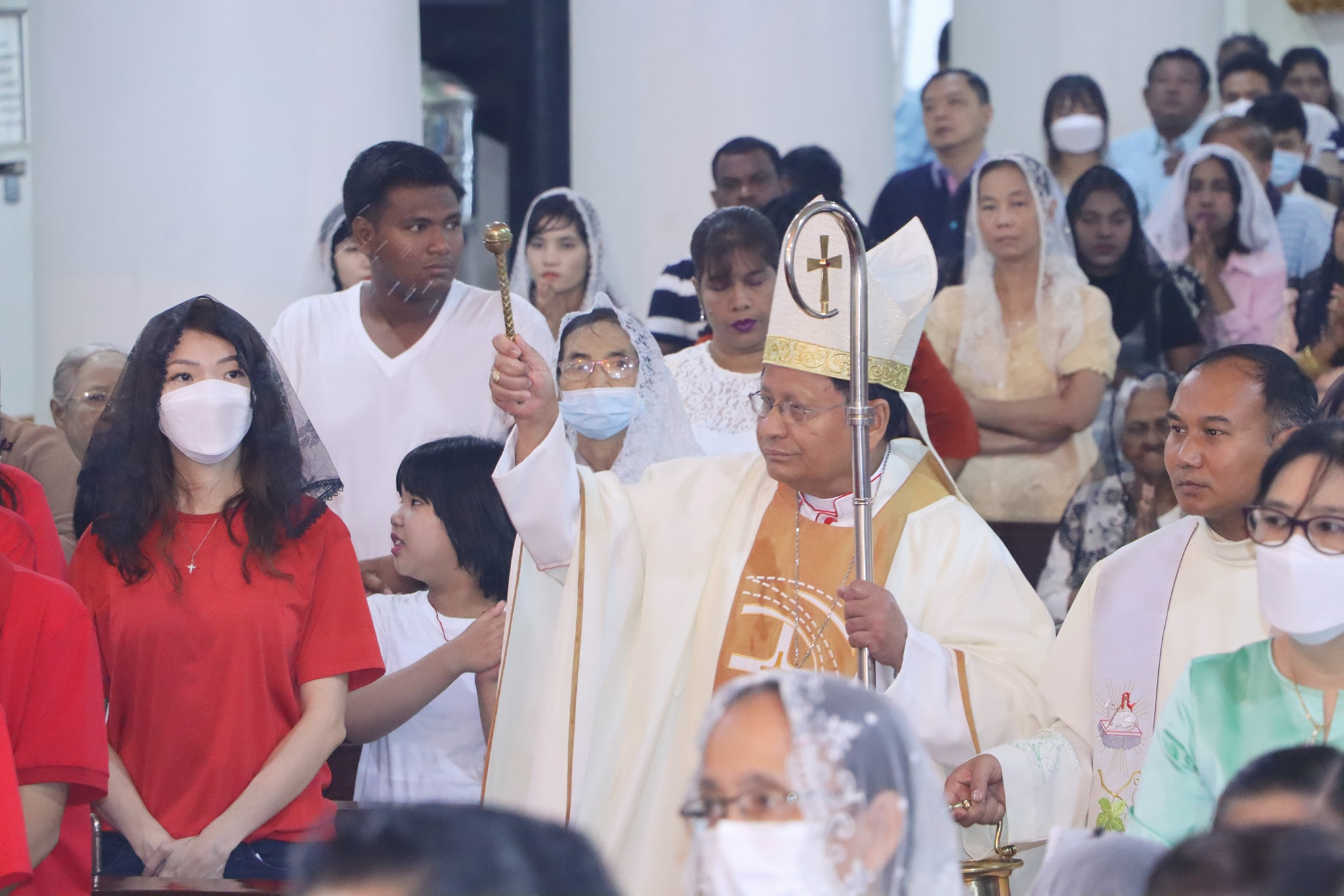
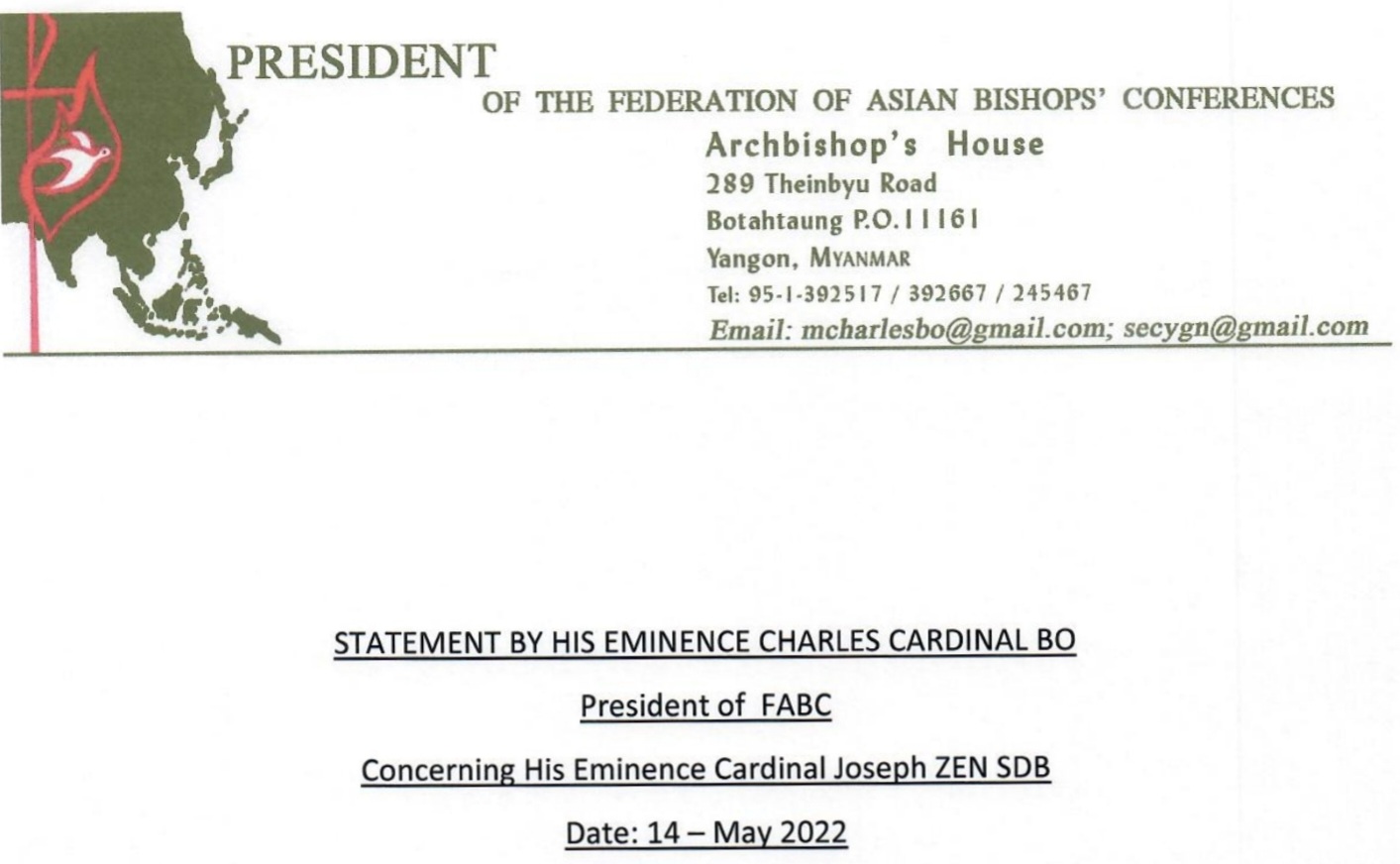
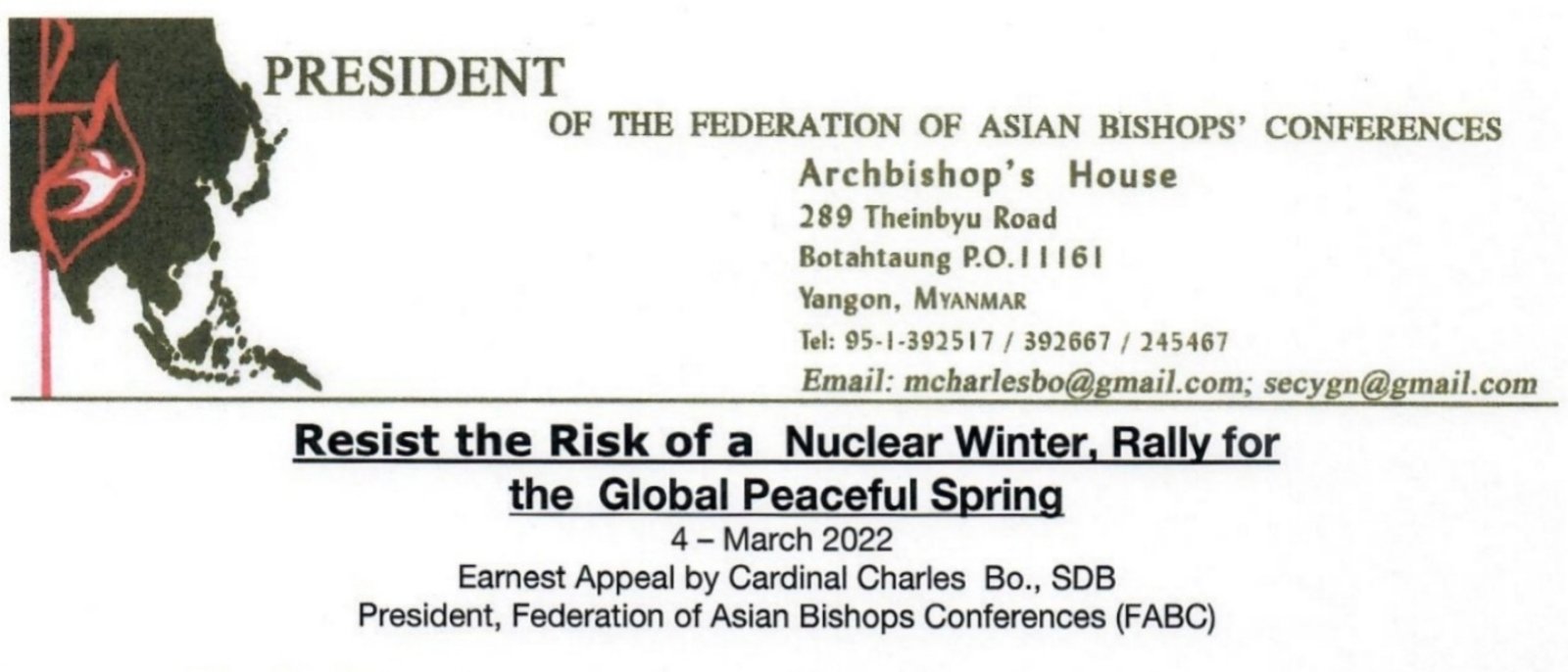
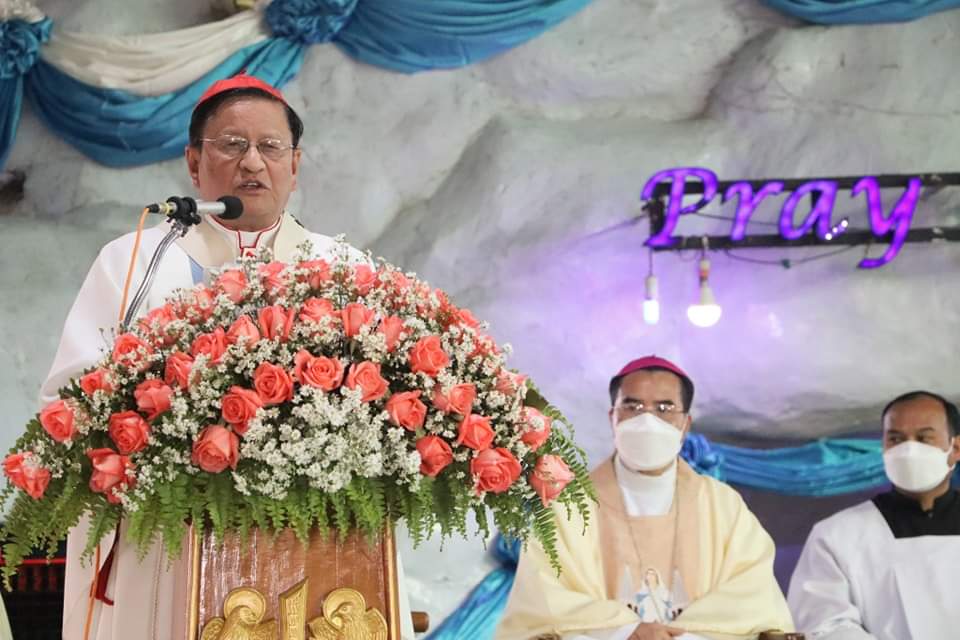
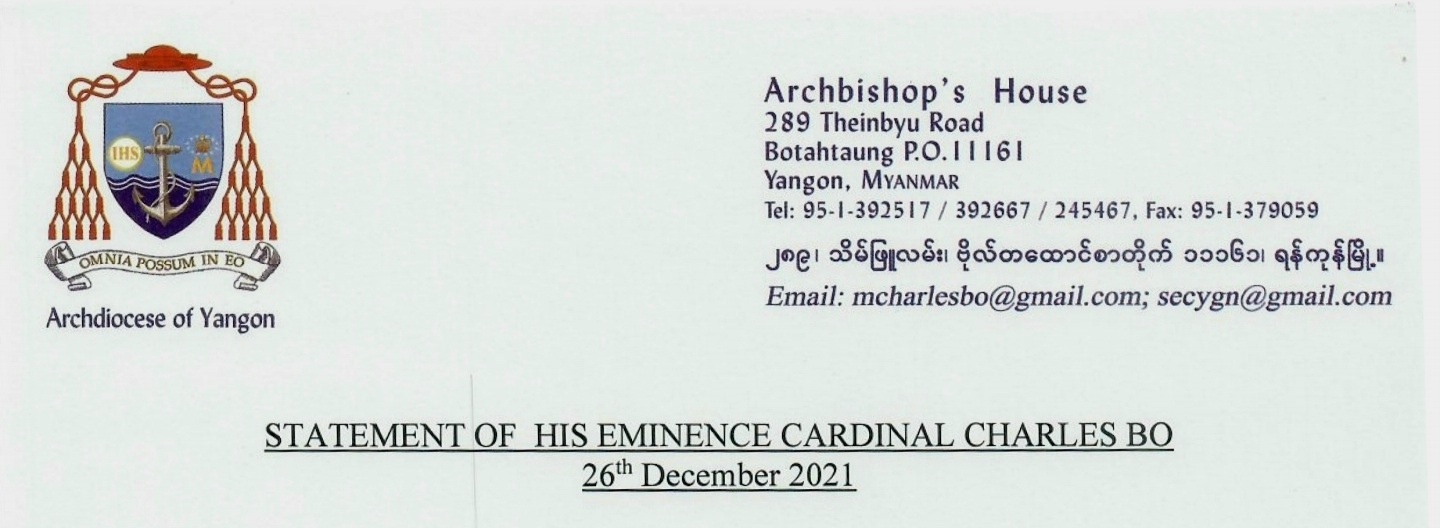

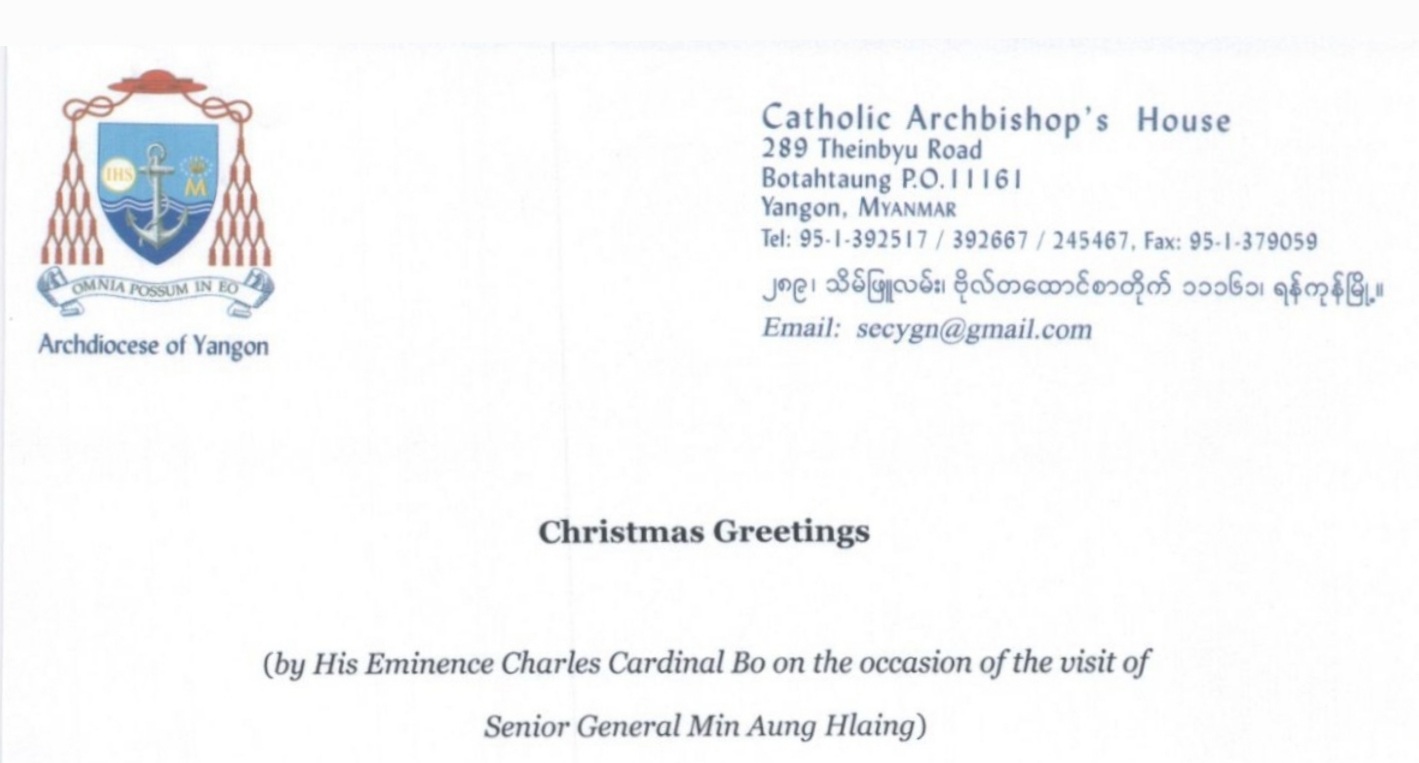
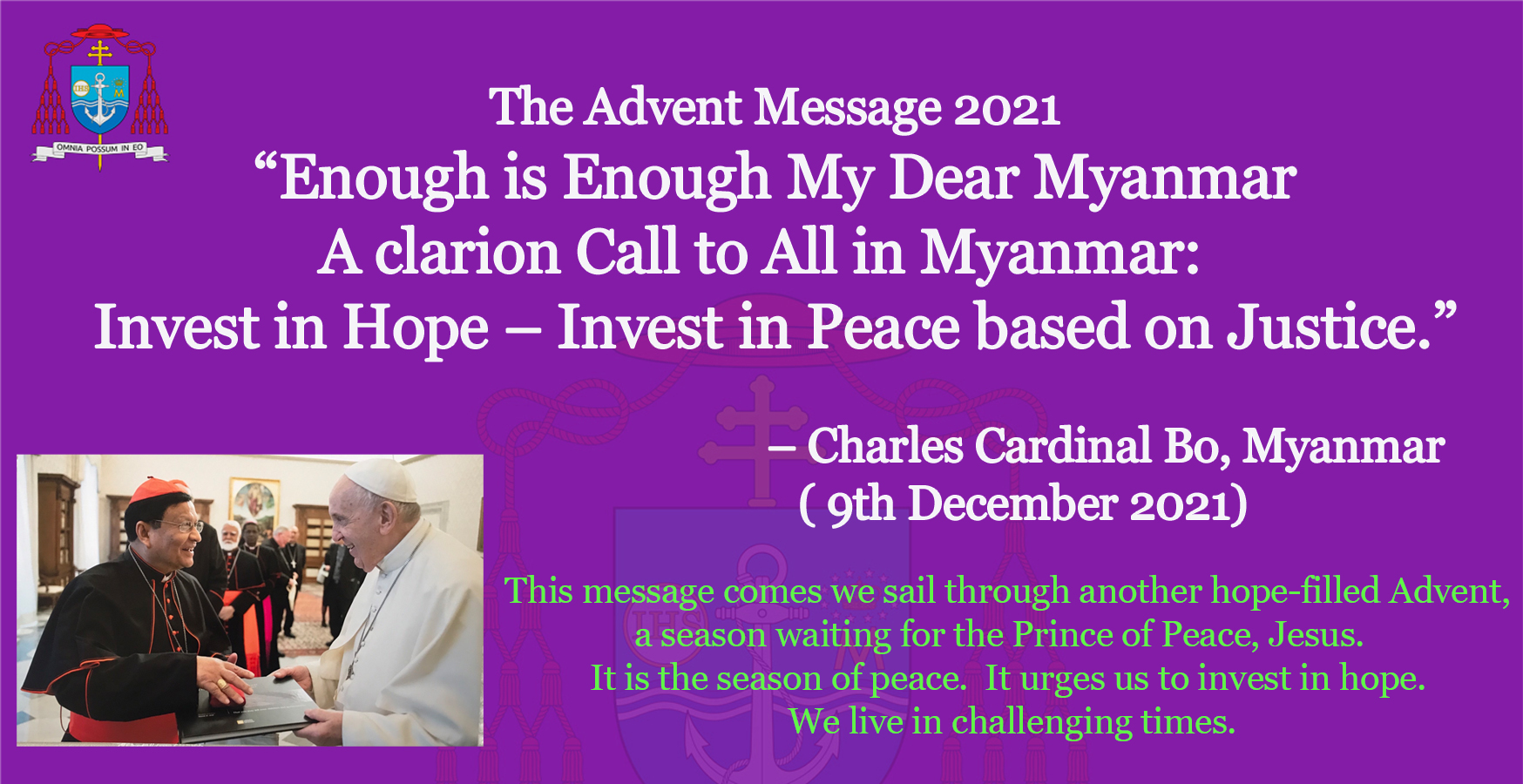
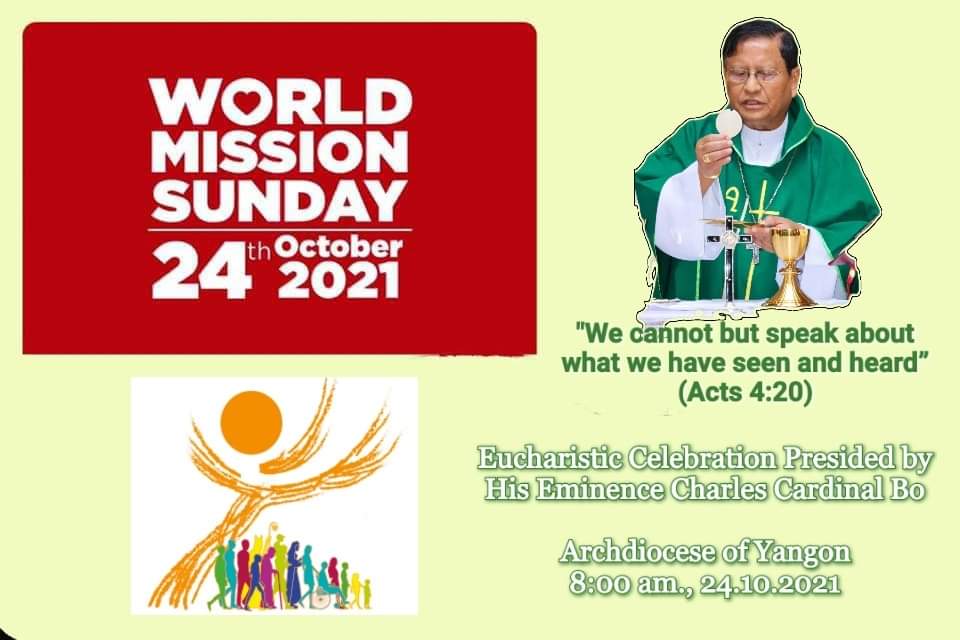
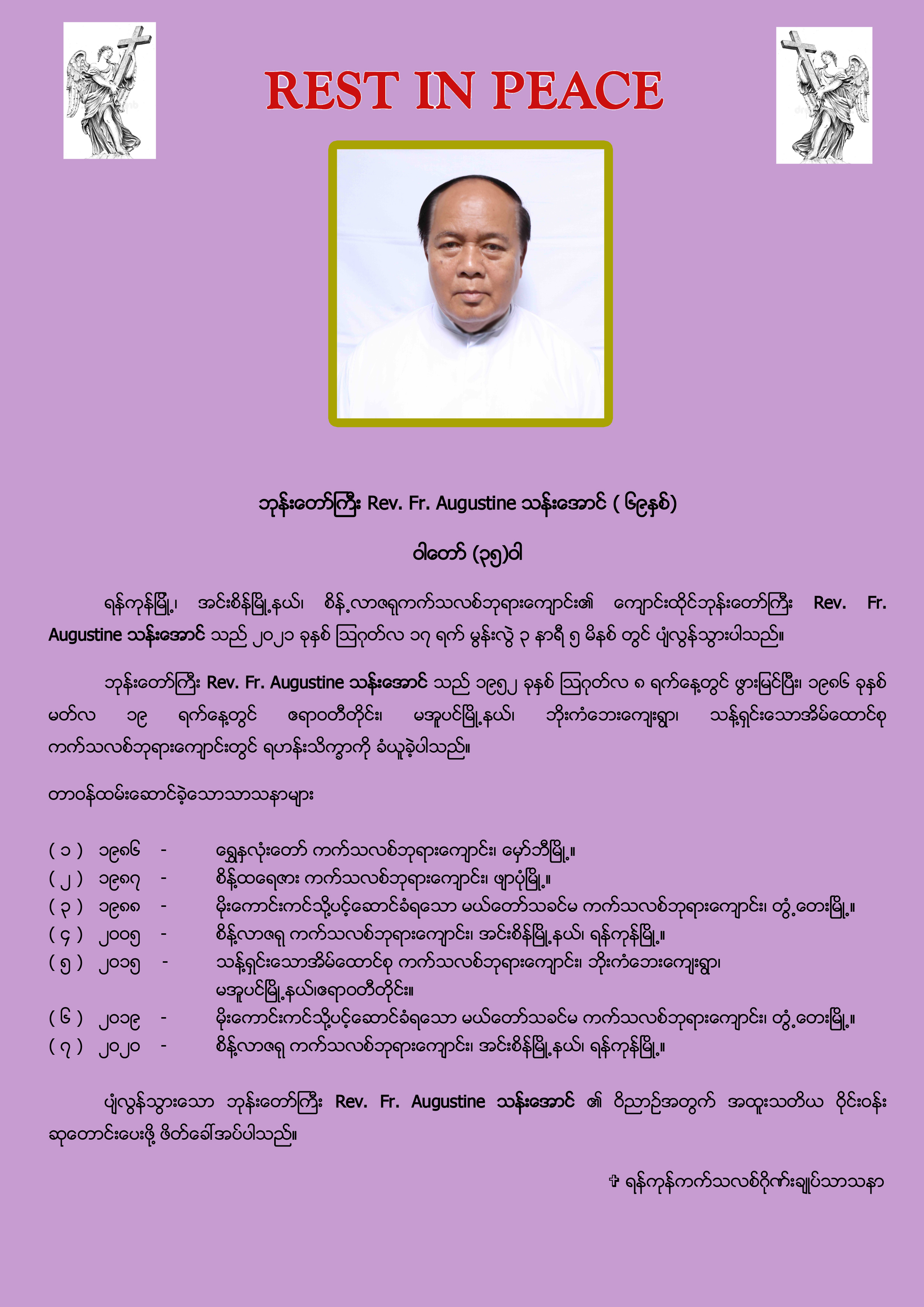
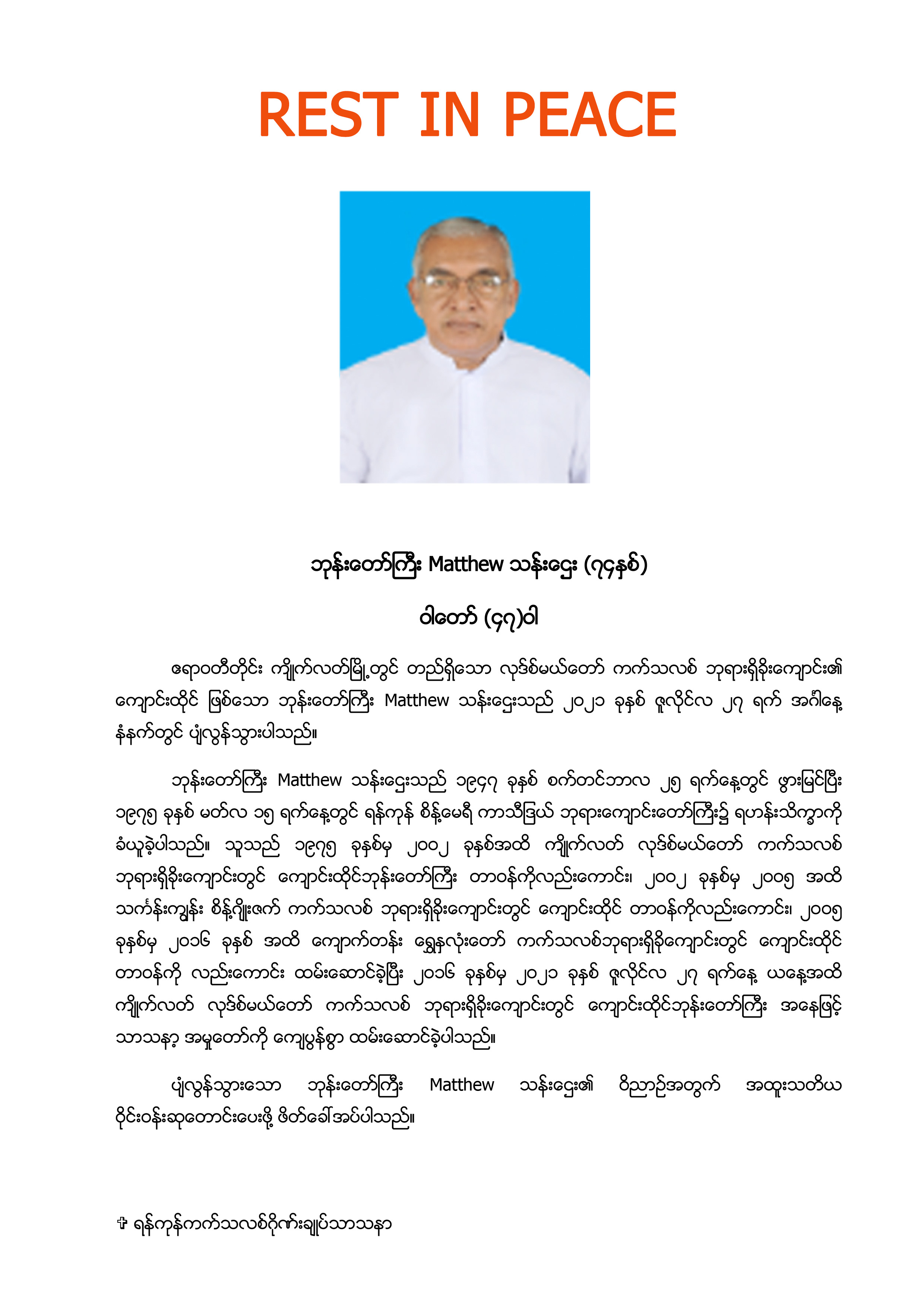
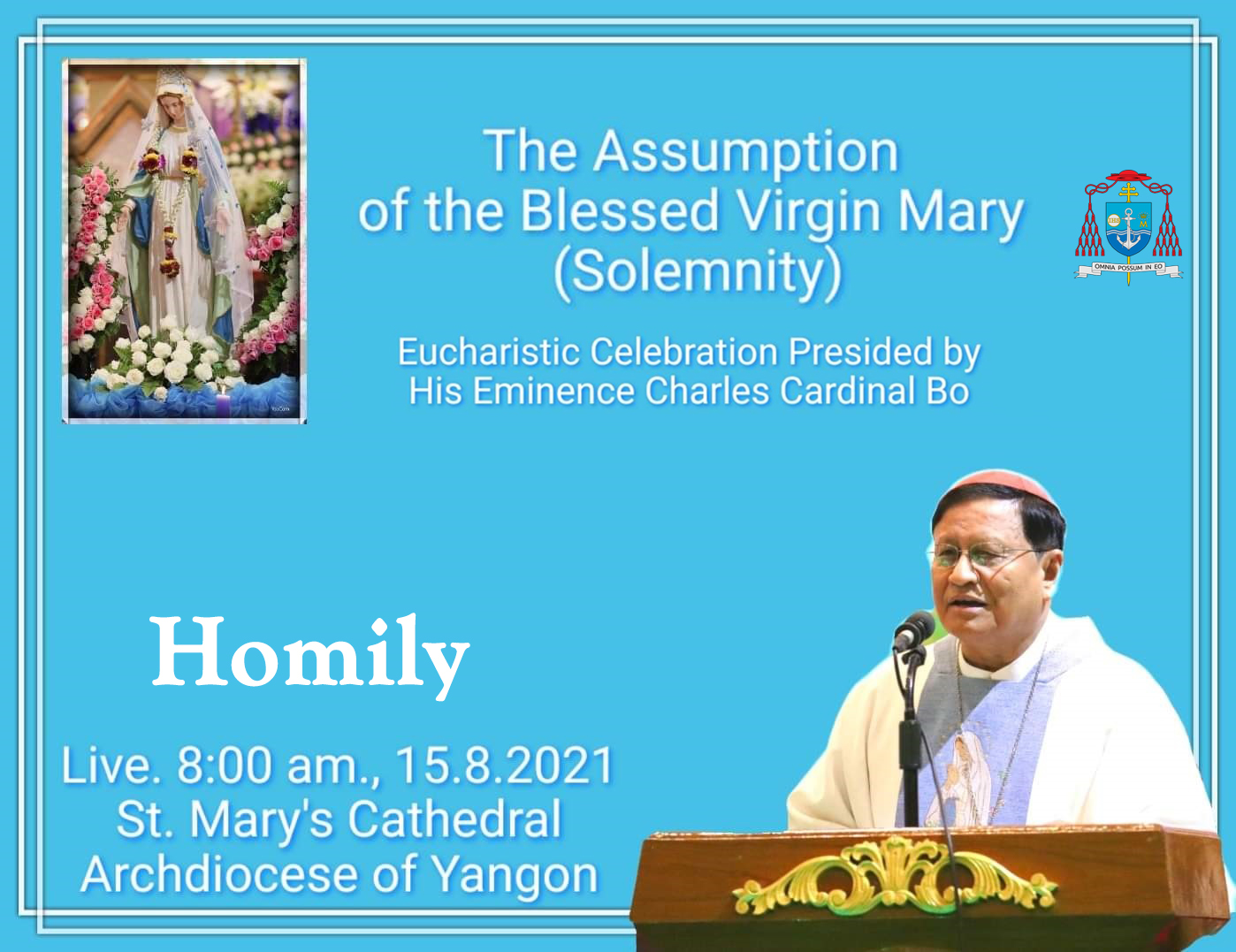
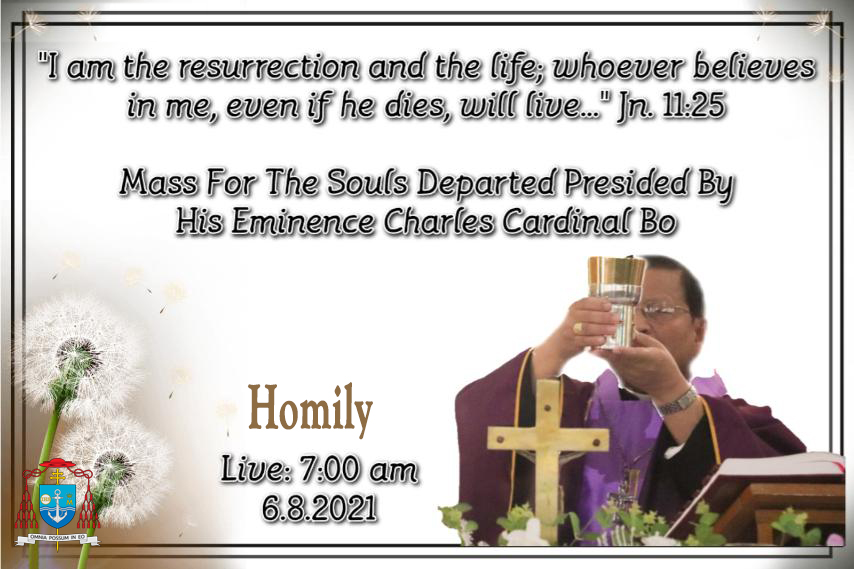
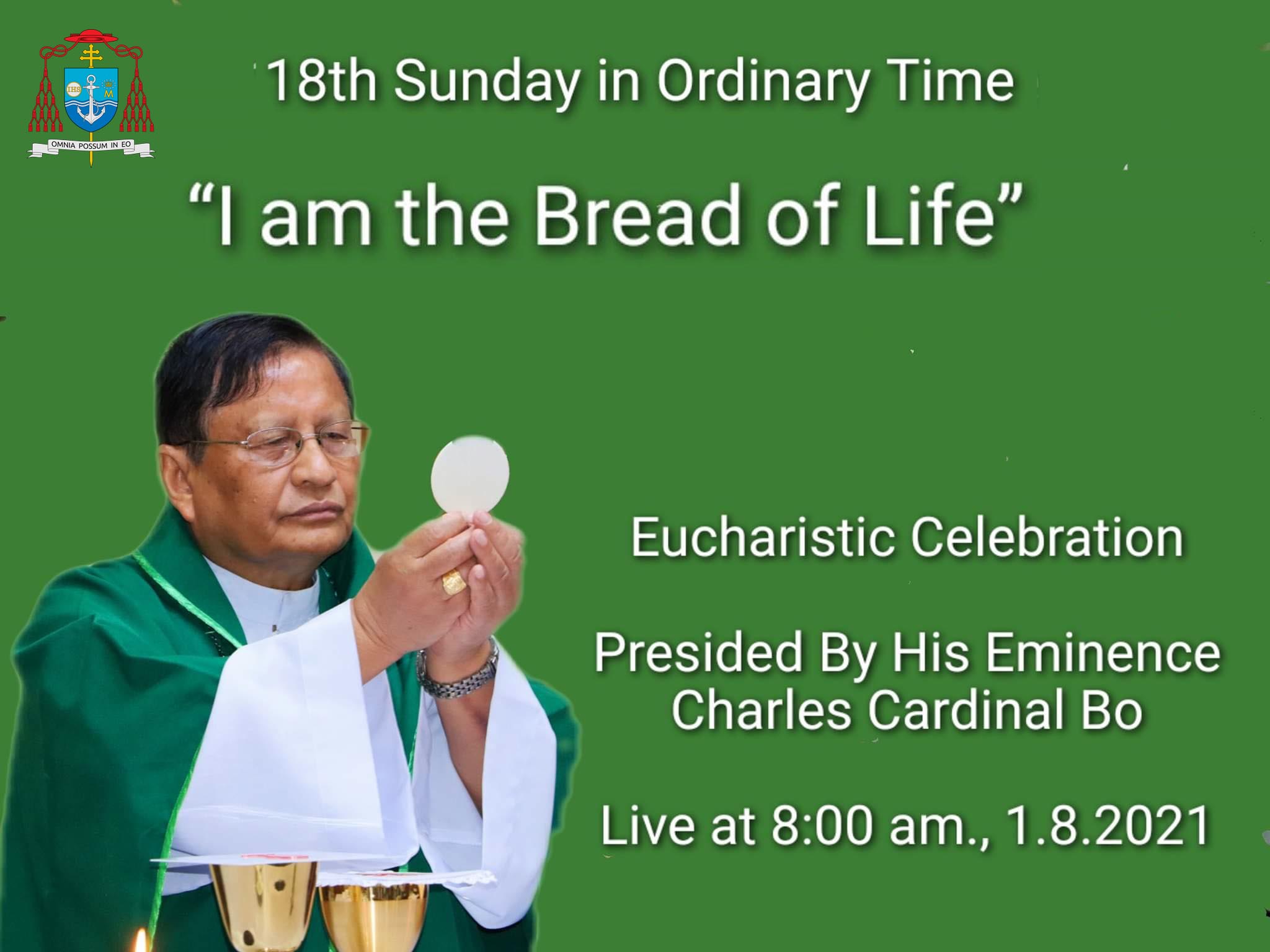
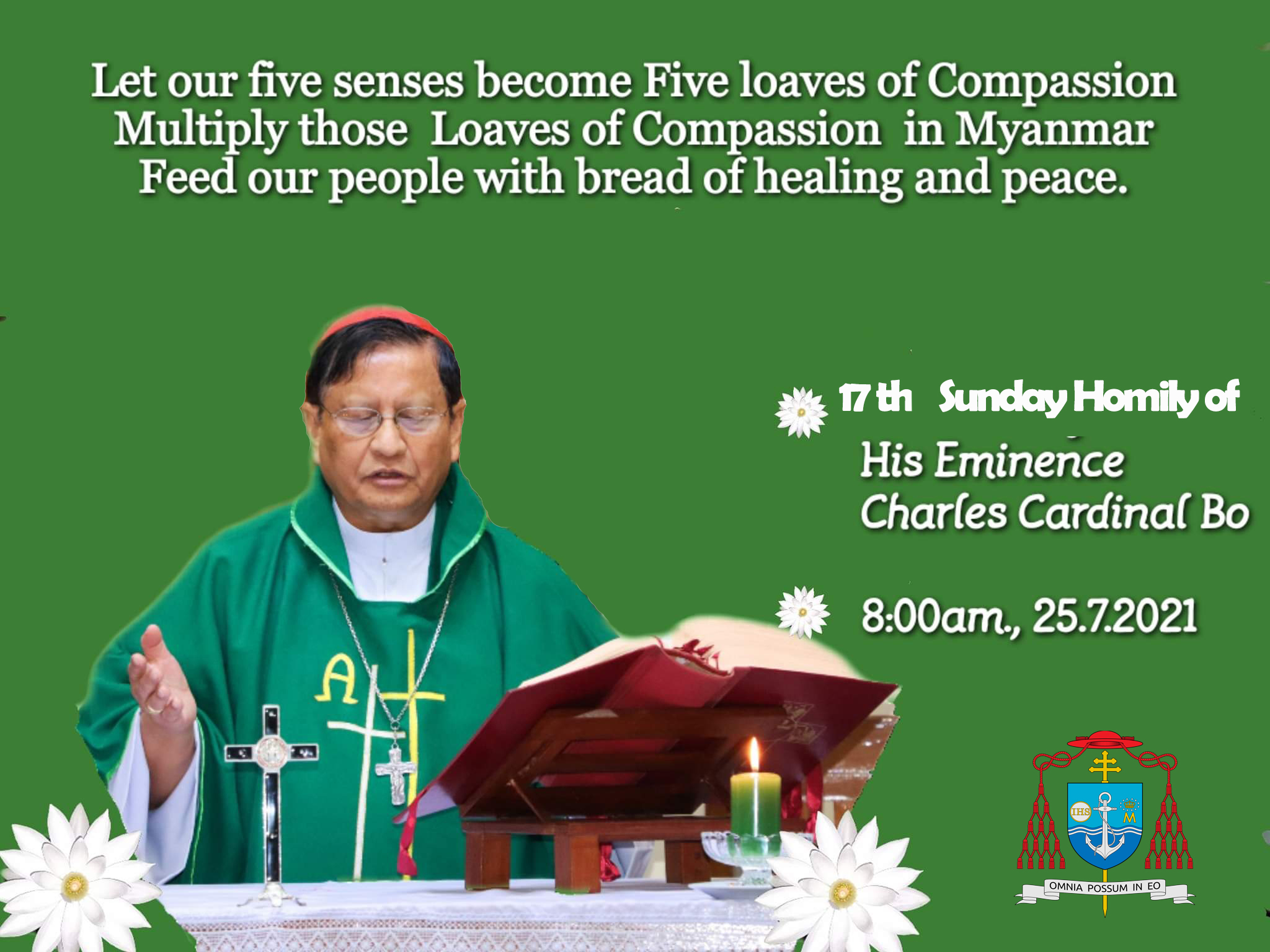
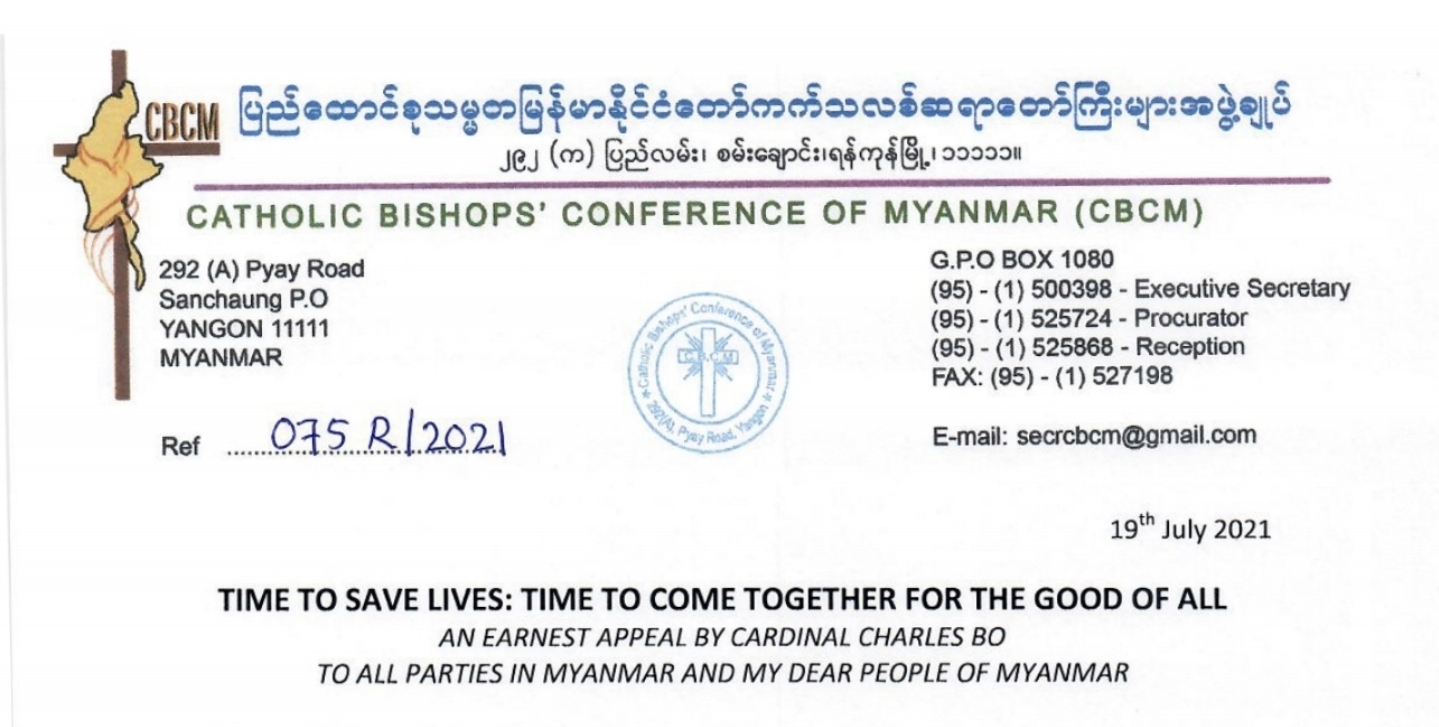
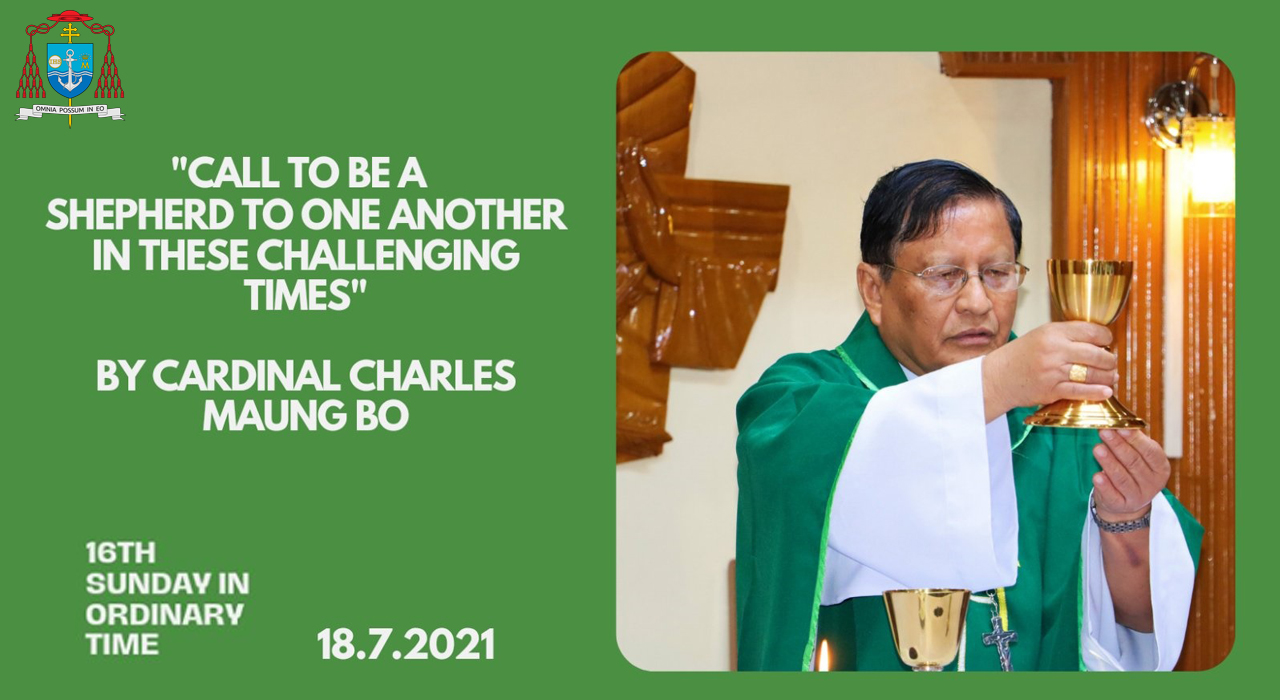
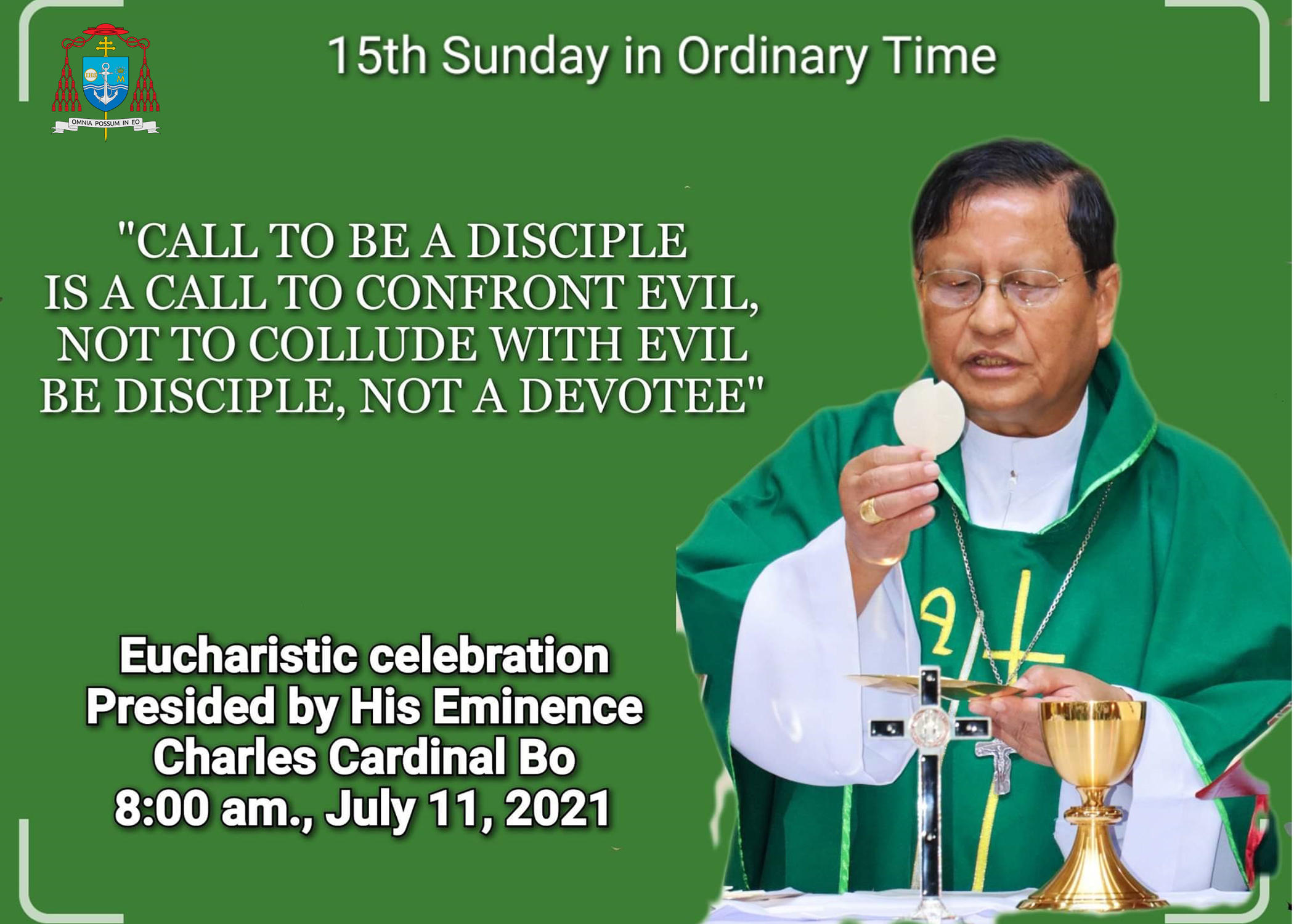
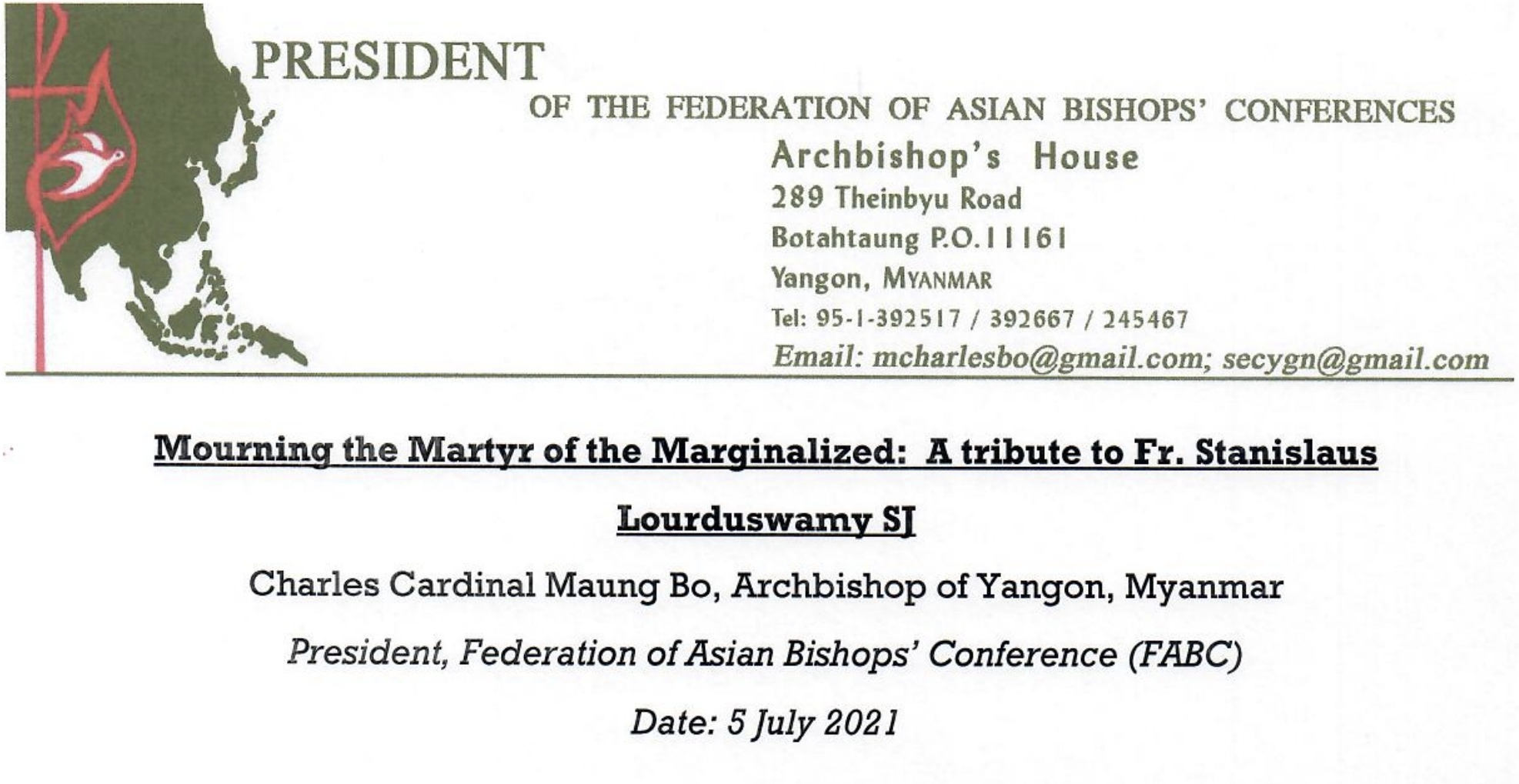
(1).jpg)
